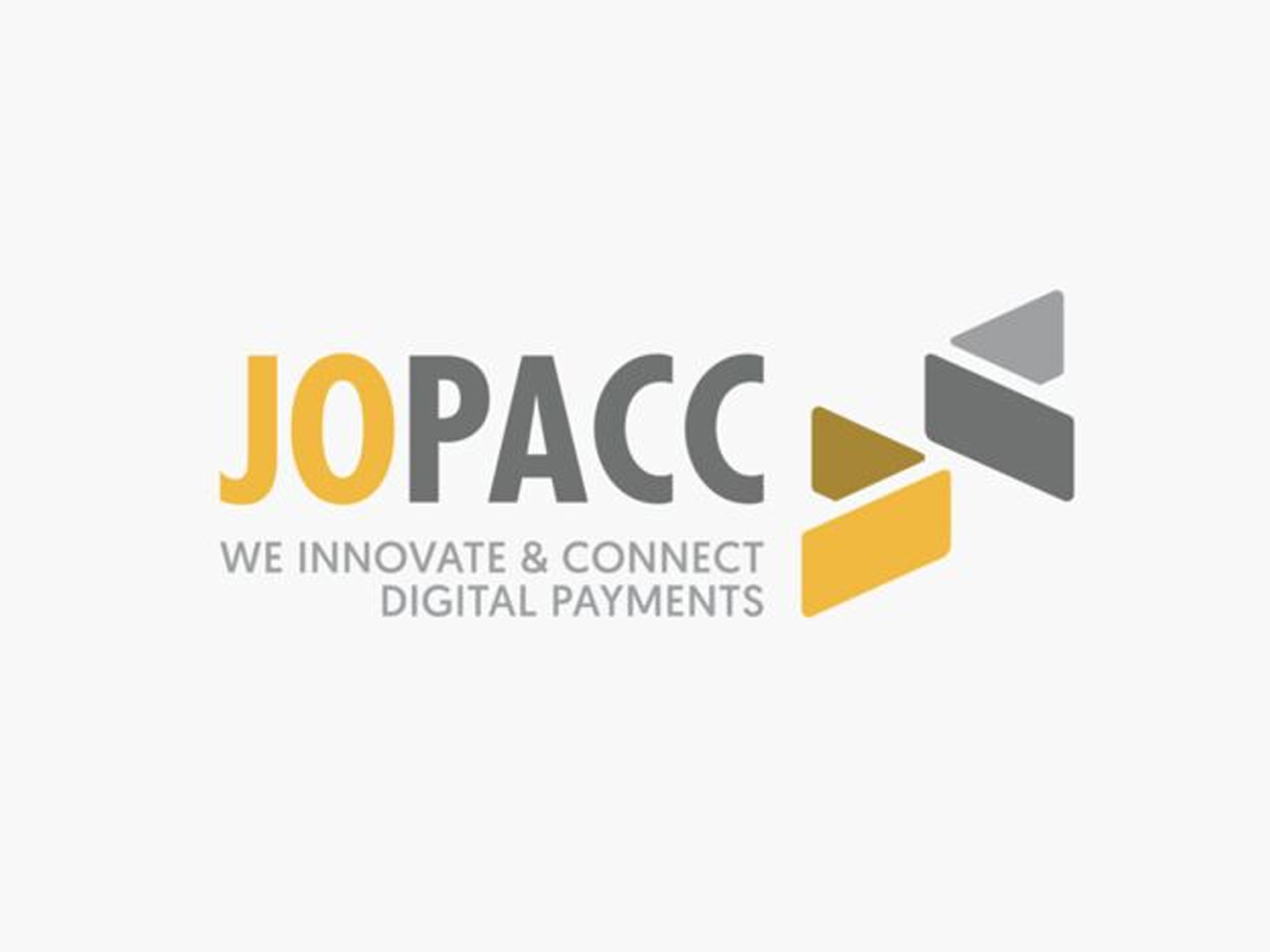Credit Plus is pleased to highlight key insights from JOPACC’s recent article, “The Essential Role of MSMEs & Innovative Financing Solutions,” underscoring the critical challenges and opportunities for MSMEs in Jordan’s evolving digital economy. By addressing working capital constraints through modern supply chain finance (SCF) mechanisms, this analysis reinforces the importance of collaboration between fintech platforms, banks, and central payment infrastructures to drive financial inclusion and economic growth (JOPACC).
Working Capital Challenges for MSMEs
One of the most significant barriers facing Micro, Small, and Medium Enterprises (MSMEs) is access to affordable and timely financing for day-to-day operations—such as payroll, inventory procurement, and order fulfillment. Traditional loan products often require extensive collateral or established credit histories, which many smaller businesses lack. JoPACC highlights that without addressing this liquidity gap, MSMEs remain vulnerable to cash-flow disruptions, limiting their ability to scale and participate fully in Jordan’s broader economic activities (JOPACC).
Reverse Factoring: A Win–Win Solution
Reverse factoring stands out as an innovative SCF model where buyers initiate early payment programs on behalf of their suppliers. In this arrangement, the financing bank leverages the buyer’s strong credit profile to discount approved invoices and advance funds to suppliers at improved rates. This approach benefits suppliers by providing immediate liquidity, buyers by strengthening their supply chains, and banks by securing collateral with low default risk while expanding their client base. JOPACC’s case study demonstrates how reverse factoring can significantly enhance MSMEs’ financial inclusion and support broader economic participation (JOPACC).
JOPACC’s Role in Driving Financial Innovation
As Jordan’s central payments and clearing hub, JOPACC facilitates seamless integration between fintech solutions and banking institutions. By partnering with organizations such as GIZ and EBRD—and by deploying capacity-building programs through the Factors Chain International (FCI)—JOPACC equips local banks with global best practices in SCF. These efforts ensure that Jordanian banks can offer tailored financing products, uphold international standards, and foster a more resilient financial ecosystem for MSMEs (JOPACC).
Future Vision: Digital Finance and Broader Opportunities
Looking ahead, JOPACC envisions continued growth in digital finance and SCF solutions across sectors like renewable energy, agriculture, and technology. Fintech innovations will be critical in dismantling traditional barriers to financing, enabling MSMEs to participate in national and international value chains. JOPACC’s commitment to promoting advanced financial tools and fostering multi-stakeholder collaborations lays the groundwork for a more inclusive and dynamic digital economy in line with Jordan’s Vision 2030 (JOPACC).
At Credit Plus, we share JOPACC’s dedication to empowering MSMEs through innovative SCF solutions. By leveraging our partnerships with Jordanian banks and integrating with JOPACC’s infrastructure, we aim to deliver end-to-end financing workflows—such as recourse and reverse factoring—that minimize reliance on credit histories and accelerate cash flow for suppliers. As the digital economy continues to expand, Credit Plus remains committed to driving financial inclusion, enhancing supply chain resilience, and supporting Jordan’s Sustainable Development Goals.
For more information on how Credit Plus can help your business benefit from these innovative financing models, please contact us at support@credit-plus.me.

